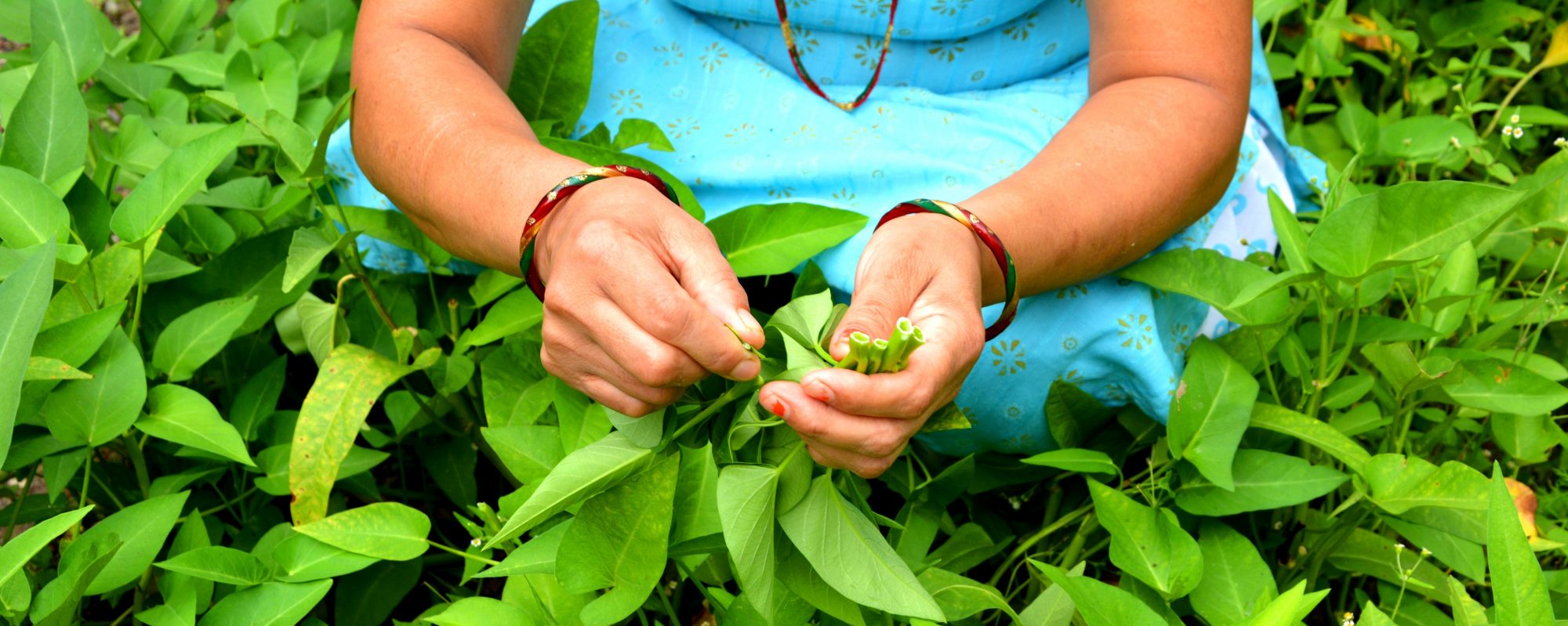Health is both a resource for, as well as an outcome of, sustainable development. The goals of sustainable development cannot be achieved when there is a high prevalence of debilitating illness and poverty, and the health of a population cannot be maintained without a responsive health system and a healthy environment. Environmental degradation, mismanagement of natural resources, and unhealthy consumption patterns and lifestyles impact health. Ill-health, in turn, hampers poverty alleviation and economic development.
(WHO, World Summit on Sustainable Development)
Of the several services that biodiversity provides, a cross-cutting one is the contribution to secure the health of people and life forms in all manifestations – physical, mental and spiritual.
While the relevance of biodiversity and related traditional knowledge to mainstream health may be more obvious given the more commercial nature of the products, their relevance to deliver health and nutritional security to people in insufficiently connected and marginalized regions of the world can be considered to be much more profound.
Whereas these regions are rich in knowledge such as medicinal or nutritional and related traditional knowledge they are also marked by a lack of sufficient public health care infrastructure and personnel.Given the need to improve health care access for people, there is a renewed interest to strengthen the potential of traditional medical knowledge and health practitioners to fulfil this role.


